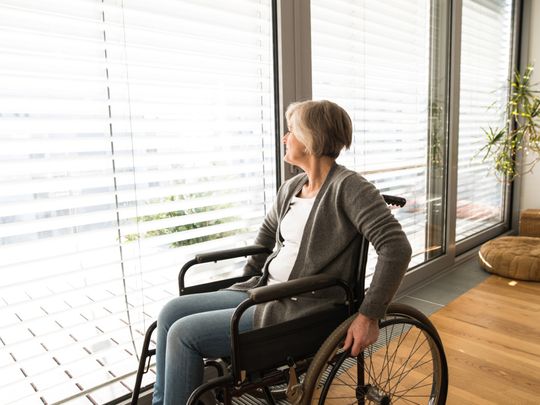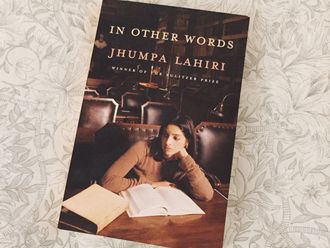
Her name is Susan. Everybody calls her Maggie. “You’re a good listener,” she tells me, a total stranger, after half an hour spent sitting in the sunshine on a chilly morning in the Blue Mountains, sipping fast-cooling coffee. “I’m in the writing business so I have to be,” I joke, and she offers, half-jokingly, “I guess my little chat will appear in some shape or form in something you write sometime.”
That was nearly a year ago, but today at the bus stop I happened to see a magpie — that ferociously territorial bird — bossing a small flock of pigeons that were trying to feed on a discarded burger roll. The roll was too big for any of the birds to fly away with, but in the meantime the magpie was clearly in charge. At one stage it got to the point where it lost interest in the burger roll but focused purely on pecking the pigeons away. And did the pigeons get the message and disperse? No! They came back, repeatedly, driven by their own hunger.
I was witnessing bullying at its best in the bird world. Through some weird process of association, I was able to recall Maggie’s words: “Every day I went to school, I returned hungry. Lorna Atkins would be waiting at the gate asking, ‘So what did you bring today?’ For three years I didn’t get to taste a single crumb of the food my dear mother prepared every day.”
After leaving school and gaining her independence, Maggie said, “I became a compulsive hoarder. Collect anything and everything. Just because I could. Because nobody could take it away any longer. That’s where the ‘Maggie’ nickname comes from. Short for magpie. Friends started calling me this. They even advised getting professional help. My habit was becoming compulsive.”
Twist in the tale
Then two things happened. “One afternoon, I was rummaging around in a second-hand shop. I saw this painting of a woman in a wheelchair, signed L Atkins. I thought to myself, I know that name. I’ll buy it just so I can feel I own a part of this person who made my school life miserable.” However, when Maggie went to the counter to pay, she was in for a surprise. “That’s my cousin, Lorna,” she was told. “Oh! I didn’t know that. But I do know Lorna,” Maggie replied, “I studied with her. I didn’t know she could paint. And paint so well.” “Yeah,” replied the cousin, wistfully, “that’s a self-portrait. You know, of course, what happened to Lorna?” Maggie didn’t.
“They were driving from Brisbane back to Sydney one Easter holiday, she, her two kids and the husband. A night drive. He fell asleep at the wheel. What can I say? She lost everything, even her two legs. Had to be amputated. Her tough life only got tougher after that. Poor Lorna. She was an only child but born to two terrible, uncaring parents. She had to fight her way through life from day one.”
A piercing whistle shattered Maggie’s narrative. Although a year or so has gone I still hear it clearly. I still see where the whistle originated, too. From just up the road, from a woman seated in a wheelchair.
“That’s her there. I’ve got to go,” Maggie tells me, collecting her handbag. “I never married. But all the hoarding stopped when I found a new purpose in life: looking after this woman. If bullying taught me anything it’s that you can never pay them back in the same coin. You’ll never win that way. Try using a different currency.”
I’m not sure I understand Maggie’s philosophy, but the lady in the wheelchair rolling towards us is beaming happily and I know that something, somehow, has worked for the two of them.
Kevin Martin is a journalist based in Sydney, Australia.












